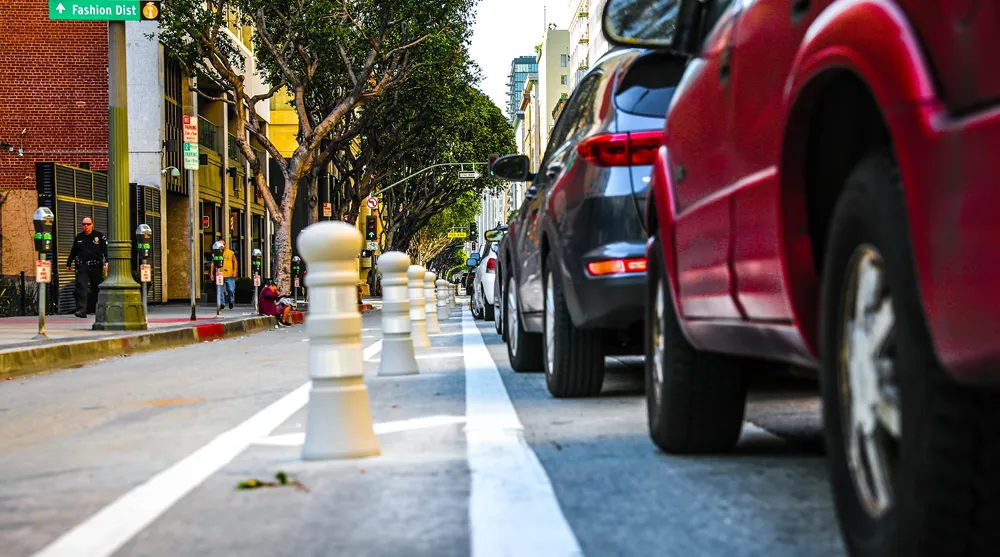
A recent study of the health benefits of Barcelona's Bicing communal bike share scheme, reveals it is a life-saver, responsible for saving 12 lives a year
Barcelona's community bicycle programme,Clear Channel has a 10 year contract to manage the scheme for the city council
Researchers lead by Dr David Rojas-Rueda from Barcelona's Centre for Research in Environmental Epidemiology (CREAL) have studied the health benefits of bike sharing Bicing bare statistics:
•180,000 subscribers
•6,000 bicycles
•440 bike stations
•Average of 40,000 trips per day
•Average week-day trip distance:
3.29km (4.15km on weekends); •68% of trips are performed between homes and work or school;
•37% of trips are combined with other forms of transportschemes including Bicing under the TAPAS (Transportation Air pollution & Physical Activities) project. The results showed Bicing saves 12 lives every year. In addition, there is another major public health benefit - the scheme is directly responsible for reducing CO2 emissions by an estimated 9,000 tons per year.
They calculated an annual increase of 0.13 deaths from air pollution and 0.03 deaths from traffic accidents among cyclists compared with car users. As a result of physical activity, 12.46 deaths were avoided, making a total of 12.28 deaths avoided among cyclists every year.
"Our work has shown that low cost public bicycle sharing systems aimed at encouraging commuters to cycle are worth implementing in other cities, not only for the health benefits but also for potential cobenefits such as reduction in air pollution and greenhouse gasses," Dr Rojas-Rueda concluded.
Although further work is needed, this initial assessment is important "to encourage cities to change car use by stimulating implementation of bike sharing systems in cities for the health of the population."
A smart system
Clear Channel, which launched the world's first ever community bike sharing scheme in Renne, France, in 1997, believes such networks are a great example of how technology can transform something as basic as a bike into a new and smart transport service that improves the life of city dwellers. The company's Smartbikes are equipped with an RFID chip that allows their position to be tracked and all bike stations are connected online via GPRS with a central server through which the company manages the whole service. A mobile application helps customers to check for their closest station, bike availability and to unlock a bike for use, as well as registering for the service.







